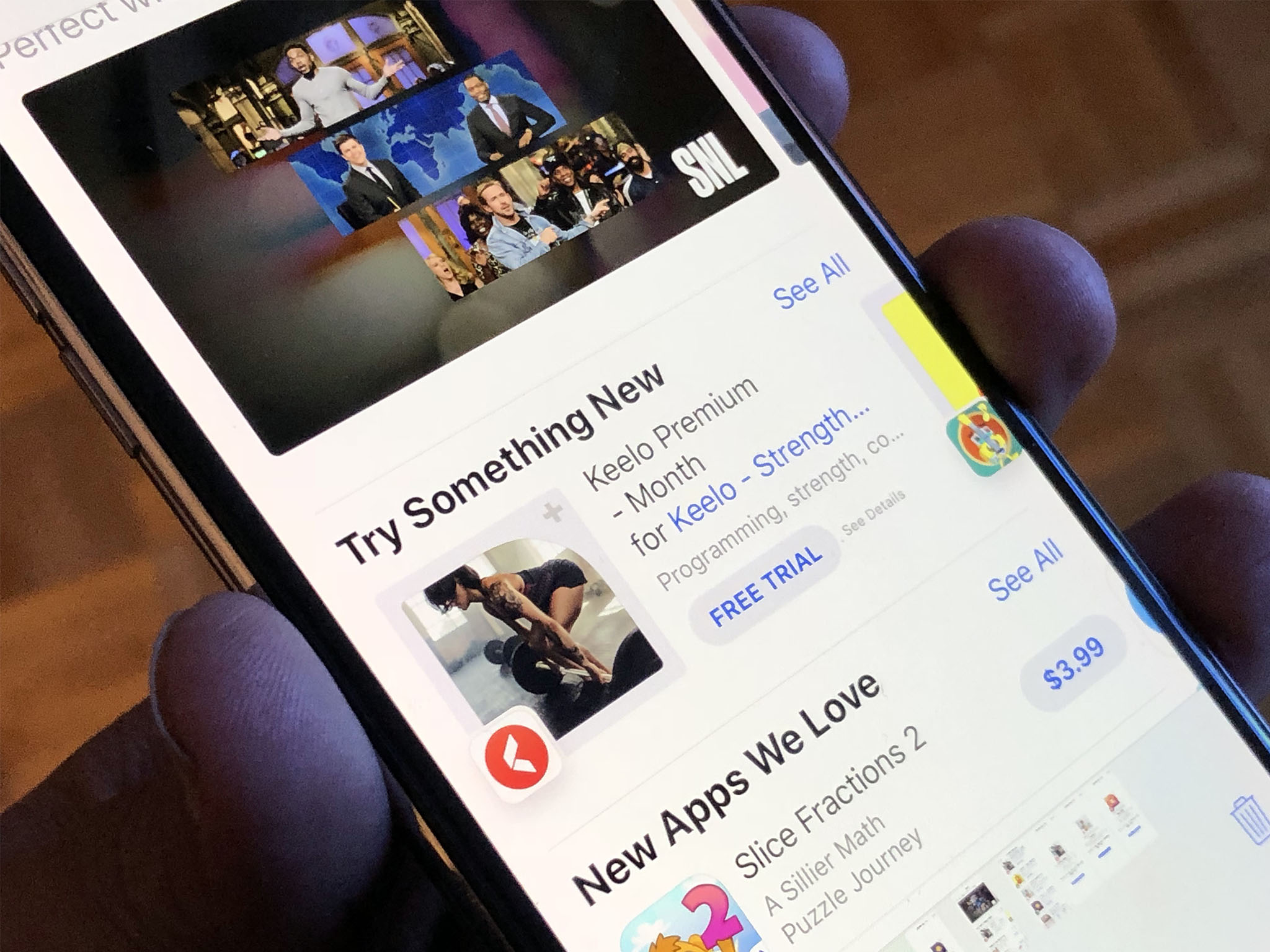"...all of this results in an SLA longer than developers should expect and even worse creates a great deal of anxiety and ill will between Apple and developers"
What you need to know
- New internal documents reveal Apple made a huge bid to improve its App Review process in 2015.
- Project 'Columbus' was designed to tackle the "manual and slow" process of reviewing apps, to make it more automated and efficient.
- Internal documents reveal that Apple understood inconsistent and protracted reviews created "a great deal of anxiety and ill will between Apple and developers".
New internal documents filed as part of the Epic Games vs Apple trial have revealed Apple made a huge push in 2015 to improve its app review process for the App Store dubbed project 'Columbus'.
Apple's Trystan Kosmynka was asked about Columbus during day five of the trial, describing it as a move to "heavily invest in App Review automation and efficiency."
In a presentation from late 2015 seen by iMore, Apple spoke about to the need to automate app review, making the process more efficient. The presentation begins with a quote from Pinterest's Mike Beltzner that states anything Apple could do to reduce review times "would be perhaps the single most impactful change to our ability to ship great apps."
Apple highlighted that at the time it was receiving more than 60,000 submissions a week from 155 different countries and 24 different app categories. Apple listed a staggering 910 different types of rejection reasons given for apps. Notes from the presentation state:
Here's the problem, the volume is immense and continues to grow. The complexity is insane... 155 countries and 910 different types rejection reasons today. They are looked at manually everytime starting from scratch and by different people (inconsistent). And all of this results in an SLA longer than developers should expect and even worse creates a great deal of anxiety and ill will between Apple and developers.
The presentation notes that in 2015 Apple recognized there were a "ton of scam apps" in the App Store, as noted by reviews. The goal of Columbus was to tackle this, reducing the number of manual reviews and the perceived review time for developers whilst improving quality and consistency.
The presentation highlights some big impact areas such as the top ten reasons for rejection. For example, 14% of apps were rejected because more information was needed, the biggest single reason for rejection. Apps were also rejected for exhibiting bugs (10%), having poor interfaces, crashing, and more.
The notes reveal 60% of app review submissions were updates rather than new apps, and that 20% were the stock 'bug fixes and performance' updates that really bother iMore's Oliver Haslam.
The presentation even shows Apple considered mobile security company 'Appthority' as a potential acquisition before it was bought by Symantec in 2018.
The documents reveal that even in 2015 Apple seemed acutely aware of issues around app review and developer waiting times that are still a sticking point for some today. Counsel for Epic on Friday took a strong line of questioning against Kosmynka about the App Review process, asking about apps that slipped through the net. The first week of the trial is now in the books and will resume on Monday with continued testimony from Epic Games' VP of Marketing Matthew Weissinger.

0 Commentaires